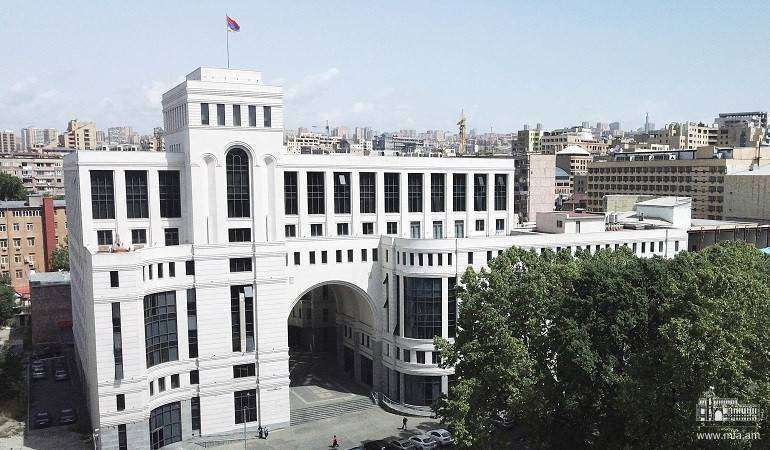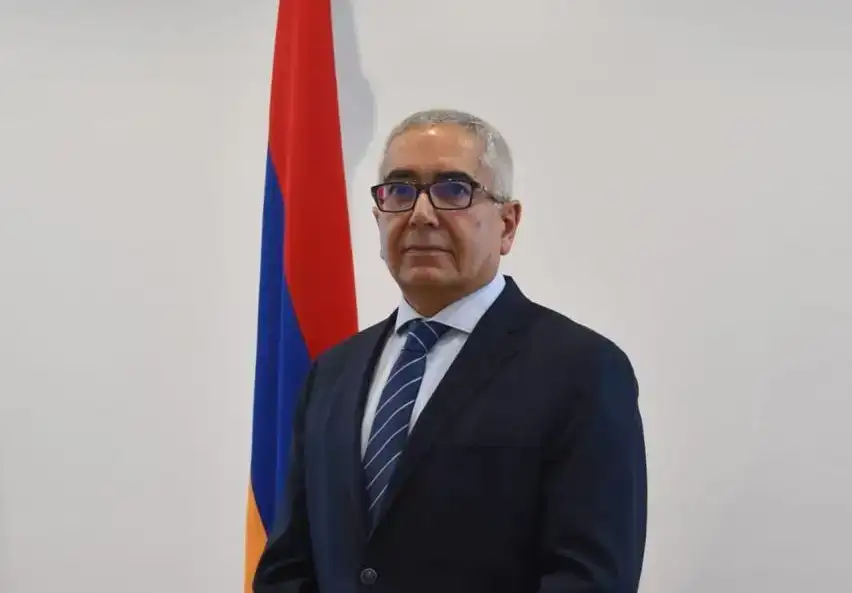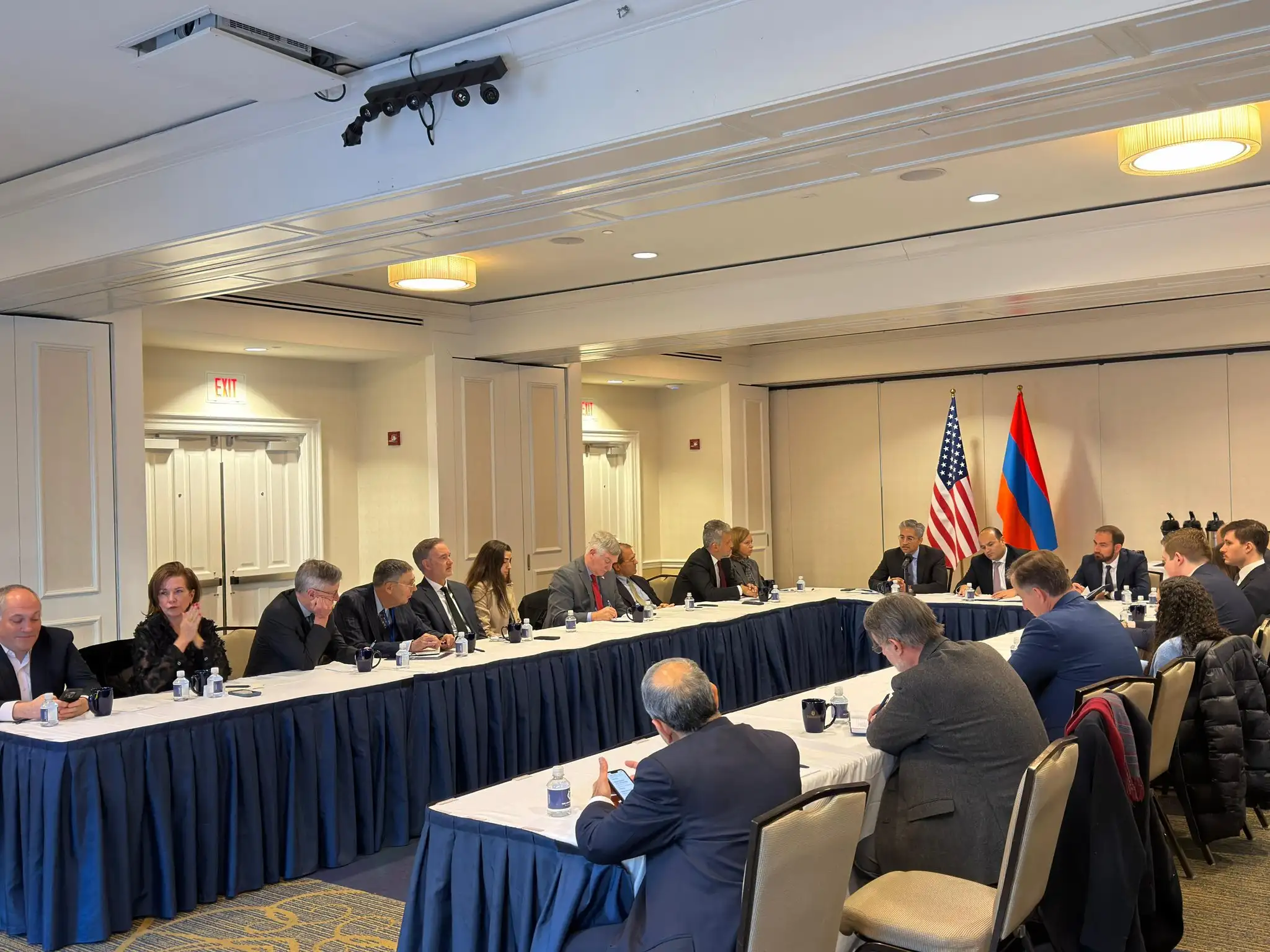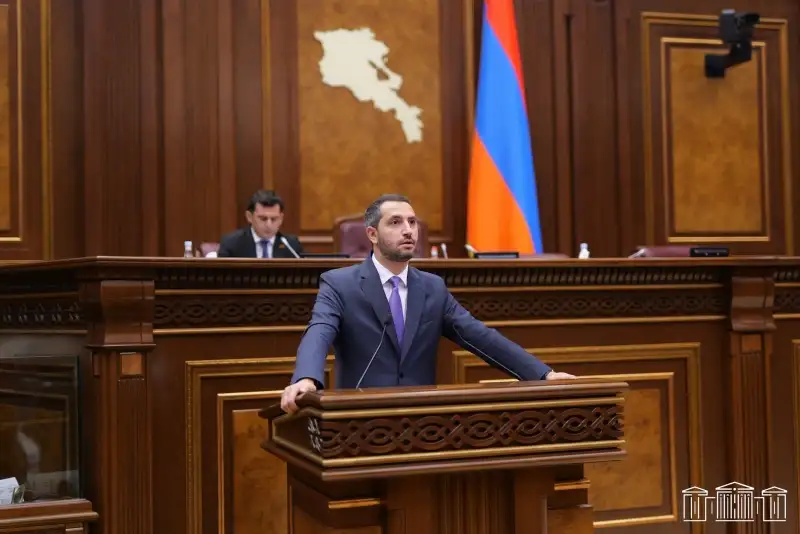Two years ago, on September 27, Azerbaijan, openly violating the UN Charter and the Helsinki Final Act, unleashed a large-scale war against Nagorno Karabakh and its people.
Today, we again bow our heads and commemorate the soldiers who fell in the 44-day war and fought to stop our compatriots' existential threat.
The war unleashed by Azerbaijan against Nagorno-Karabakh was a criminal manifestation of Azerbaijan's state policy of subjecting the Artsakh Armenians to ethnic cleansing, depriving them of the right to live and create freely and safely in their historical homeland and, accordingly, to solve the Nagorno-Karabakh problem by force. This is evidenced both before and during the war, as well as in the post-war period, by the constant belligerent, bigoted, Armenian-hating statements of the top leadership of Azerbaijan.
Throughout the 44-day war, the Azerbaijani armed forces committed gross violations of international humanitarian and human rights, war crimes, and other mass crimes with rocket and air strikes, including the use of prohibited weapons, deliberately targeting the civilian population, civilian infrastructure, settlements, and cultural monuments. . The captured Armenian service members and civilians were subjected to inhumane treatment and torture, extrajudicial killings.
Many humanitarian problems remain unsolved. Azerbaijan continues to hold Armenian prisoners of war and civilians as hostages; the fates of hundreds of missing and forcibly disappeared due to the first and 44-day Karabakh wars remain unclear.
Even today, the consistent policy of destroying the Armenian spiritual and historical-cultural heritage and distorting the identity continues in the territories that came under the control of Azerbaijan. The UN International Court of Justice gave its clear assessment of these crimes, finding that within the framework of the International Convention "On the Elimination of All Forms of Racial Discrimination," there is an immediate risk of irreparable damage to the rights of Armenians by nationality. In this case, it is more than urgent for the unhindered access and activities of relevant international humanitarian structures in and around Nagorno-Karabakh.
Inspired by the inappropriate response of the international community to the aggression unleashed against the people of Nagorno Karabakh and the crimes committed 2021 on May 12, 2021, on November 16, and 2022 On September 13, the Azerbaijani armed forces resorted to large-scale military aggression against the already sovereign and internationally recognized territory of the Republic of Armenia.
The realities of the use of force, massive human rights violations, and the continuous military aggressions carried out by Azerbaijan against Armenia and Artsakh in the post-war period undermine efforts to establish regional stability and security.
Even today, with the use of force and the threat of use of force, Azerbaijan is trying to implement its idealistic aspirations, rejecting even the fact of the existence of Nagorno-Karabakh as a territorial unit and the Nagorno-Karabakh conflict.
The Republic of Armenia categorically rejects the approach of solving problems through the use of force and the threat of force and reaffirms its commitment to establishing lasting and comprehensive peace and stability in the region through peaceful negotiations.




















